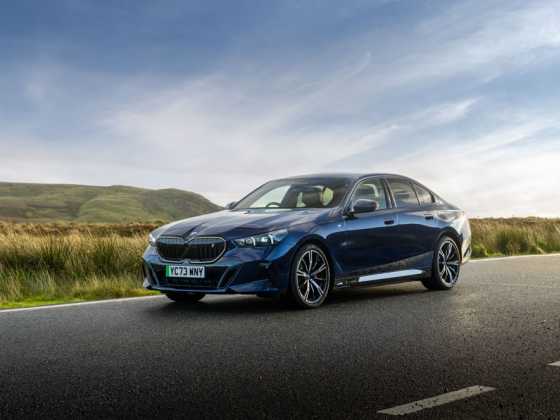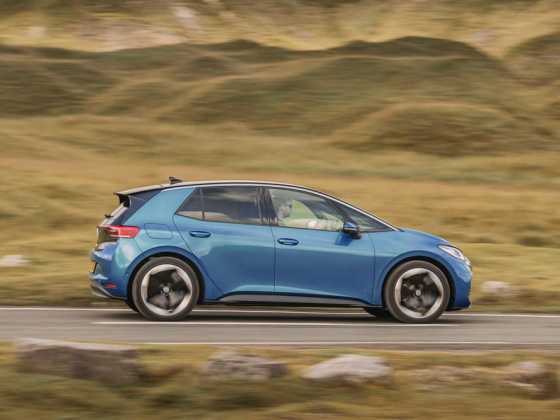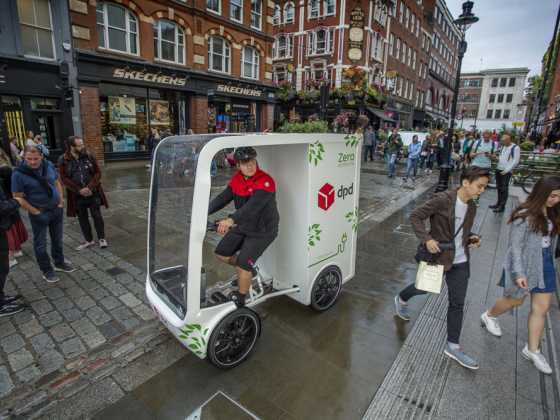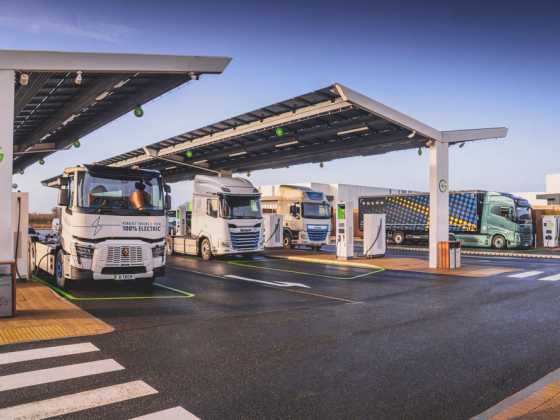In focus: salary sacrifice schemes

Amid all the hype around changes to car salary sacrifice scheme and cash or car allowance rules one thing should be made clear - the primary reasons for employers promoting such employee benefits are unchanged, writes Paul Hollick, chairman of the ICFM
ICFM is aware of some employers taking a knee-jerk reaction to the changes - announced in last year’s Autumn Statement and rubber stamped in the recent 2017 Budget for inclusion in the 2017 Finance Bill - that amounted to abandoning schemes.
But, it should be remembered that car salary sacrifice schemes - however the tax changes are viewed - continue to offer the benefits to both employers and employees that they were developed to achieve.
Those benefits include being low-cost, or cost-free, for employers to introduce. They promote low-emission vehicles, thereby helping to strengthen an employer’s ‘green’ agenda. Benefits also include reducing an organisation’s costs, and promoting staff recruitment and retention.
In short, car salary sacrifice schemes still work to the benefit of both employers and employees, especially if cars are carefully selected with the focus on plug-in and low emission vehicles.
Therefore, while businesses must consider the impact of the changes taking into consideration employer position on CO2 limits and available cars - there are many cars that are largely unaffected, others will perhaps become more attractive, such as ultra-low emission vehicles, and some will become less attractive. But that doesn’t mean the destruction of choice lists; it just requires careful consideration of the impact on available vehicles.
GOOD VALUE
Where vehicle choice is available employees should be able to find cars that represent “good value” and while the new rules may signal a change of selection patterns and different vehicles becoming popular, many employers may well find that, when they look at the impact, a healthy vehicle choice remains. Indeed ICFM’s understanding is that the cost of the “average” car chosen through a salary scheme has not significantly changed.
Similarly, employers offering a car or cash option should examine the new rules closely and, potentially adjust policy accordingly. That could include reviewing allowance levels, but it depends on the value of allowances available versus the car choice lists.
That is why education is key. From company directors to fleet decision-makers and drivers it is vital that fact and fiction are separated and the myths surrounding car salary sacrifice scheme rules from April 6, 2017 are dismissed.
ONE OF THE FUNDING OPTIONS
ICFM is not in a position to say whether car salary sacrifice schemes are right or wrong for each business - that is a decision that each employer must take depending on their own individual circumstances.
However, ICFM’s view in today’s market place is that best practice dictates that employers take a balanced approach to vehicle funding and provision and salary sacrifice should be one of the funding options on the table along with outright purchase, contract hire, finance leasing, flexi-lease and a myriad of other options.
To that extent, if organisations have not already undertaken a detailed analysis of fleet funding and the option to include, exclude or abandon a car salary sacrifice then they should do so immediately.
WHAT’S BEEN ANNOUNCED
To recap on what’s been announced, here is a brief history lesson. Budgets and Autumn Statements for a number of years included warnings that the popularity of salary sacrifice schemes impacted on the government’s tax and National Insurance revenues.
In the 2015 Autumn Statement, then Chancellor of the Exchequer George Osborne said: “The government remains concerned about the growth of salary sacrifice arrangements and is considering what action, if any, is necessary. The government will gather further evidence, including from employers, on salary sacrifice arrangements to inform its approach.”
Twelve months later, following a consultation, Mr Osborne’s replacement Philip Hammond announced in the 2016 Autumn Statement how salary sacrifice schemes would be reformed - and in respect of cars he bowed to fleet industry pressure and gave some concessions.
What the government had seen was that salary sacrifice schemes had widened significantly to include such items as white goods, concierge services and even double glazing, according to the consultation document.
Effectively car salary sacrifice schemes had been caught up in the crossfire so the new regulations, from April 6, mean employees opting for a salary sacrifice arrangement or taking a company car in lieu of a cash alternative will pay tax on the higher of the existing company car benefit value and the salary sacrificed or cash allowance forgone.
Car arrangements in place before April 6 are protected until April 2021.
Ultra-low emission cars - those with CO2 emissions of 75g/km or less - are exempt from the regulation.
Even then not all cars are impacted - cars with higher CO2 emissions but low whole life costs could still be attractive while factors such as fuel type, insurance cost, manufacturer discounts and drivers’ tax rate must be taken into account. The ICFM’s view therefore is that employers and employees can still enjoy financial and other benefits associated with car salary sacrifice arrangements.
A MASTERCLASS ON THE ISSUE
As the clock ticked down to April 6, ICFM held its inaugural Masterclass and chose the changes to car salary sacrifice scheme and cash or car allowance rules as the subject because its research among fleet decision-makers highlighted that the regulatory changes and company car tax along with cash or car allowance issues was the biggest challenge this year.
The Masterclass was well received and highlighted the changes, the impact of them and dispelled the myths and speculation around the practical considerations of salary sacrifice/cash allowance schemes that have circulated since the new legislation was announced.
The speakers were Alison Argall, business development director sales at Tusker; Claire Evans, head of fleet consultancy Zenith; and Dan Rees, associate director, Deloitte Car and Mobility Consulting.
They heard Ms Argall say: “Tusker is passionate about providing this tangible and valued employee benefit and welcomes the opportunity to factually position the continued benefits to both employee and employer post consultation.”
Ms Evans add: “We are delighted to have the opportunity to use our extensive experience to provide attendees with real examples and insight on how to structure and market salary sacrifice schemes, ensuring they continue to be a great addition to any benefits package post the April 2017 legislation changes.”
And Mr Rees commented: “Salary sacrifice for cars continues to provide employees with a neatly packaged fully maintained and ‘hassle free’ car, with no requirement for deposits or credit checks. Employees will need to continue to do their own diligence on the cost comparison elements between a salary sacrifice car and a private alternative.”
ICFM believes that any disadvantages associated with the car salary sacrifice changes are, in real terms, minimal.
Salary sacrifice schemes have been very popular across the public sector and NHS Employers, which describes itself as ‘the voice of employers in the NHS’, said in response to the government’s consultation document on proposed salary sacrifice/cash allowance tax changes: “Salary sacrifice schemes are incredibly important to employers in the NHS as they allow them to add choice, flexibility and value to their reward offer on a cost neutral basis.”
The organisation also highlighted that “once the tax and NI advantages are removed, the resource required to administer salary sacrifice arrangements will no longer be affordable for employers”.
The fact is that the tax and National Insurance advantages of car salary sacrifice schemes have not been removed as a result of the government’s changes - although vehicle choice may need refining - and so, ICFM believes, the solution will continue to be an attractive option for many employers and employees.
It should also be remembered that any move away from car salary sacrifice schemes could result in employees driving their own cars on business - the so-called ‘grey fleet’ - which is acknowledged to comprise vehicles that are older than company cars and therefore have higher emissions, are less fuel efficient and are not equipped with the latest safety features.






